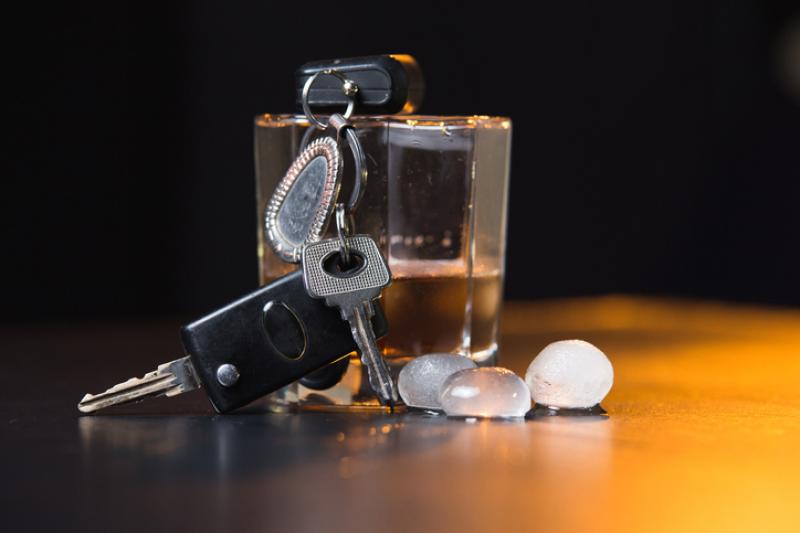Decoding Bail Expectations in a Criminal Case: Factors and Considerations

In the world of criminal justice, bail plays a significant role in determining whether a defendant remains incarcerated or is released pending their trial. The decision on bail expectations isn't arbitrary; it depends on a complex set of factors and considerations. In this blog post, we will delve into the process of how bail expectations are decided in a criminal case.
What is Bail?
Bail is a financial arrangement that allows a defendant to be released from custody while their criminal case is pending. It is essentially a guarantee provided by the defendant (or someone on their behalf) to ensure that they will appear in court as required. Failure to appear may result in forfeiture of the bail amount.
Factors That Influence Bail Expectations
The determination of bail expectations is a crucial step in the justice process. Several factors come into play when a judge decides whether to grant bail and, if so, the amount and conditions of bail. A criminal defence lawyer is an asset in these situations, as their professional guidance will help navigate the ultimate decision.
Severity of the Offense
The nature and severity of the alleged crime are among the primary factors considered. More serious offenses, such as violent crimes or felonies, often lead to higher bail amounts. Judges are concerned with public safety and the risk of the defendant not appearing in court.
Flight Risk
The court assesses the likelihood of the defendant fleeing to avoid prosecution. Factors such as ties to the community, employment status, family relationships, and prior history of appearing in court are evaluated. Defendants with strong community ties and minimal flight risk may have lower bail expectations.
Criminal Record
A defendant's criminal history is a significant factor. Those with a history of previous convictions or failures to appear in court are generally seen as a higher risk and may face higher bail expectations or even denial of bail.
Public Safety Concerns
If the defendant is considered a danger to the community or a potential threat to witnesses or victims, the judge may impose stringent bail conditions or deny bail altogether. Public safety is a paramount consideration.
Financial Resources
The defendant's financial situation is another key factor. The court aims to set a bail amount that is significant enough to serve as an incentive for the defendant to return to court but not excessively burdensome. Bail should not be used as a punitive measure.
Flight Risk Assessment Tools
Some jurisdictions use risk assessment tools and algorithms to help judges make bail decisions. Criminal defence lawyers can also play a role in the decision-making process. These tools consider a range of factors and provide an objective analysis of the defendant's risk level.
Pretrial Services and Supervision
In some cases, the court may offer alternatives to bail, such as pretrial supervision or electronic monitoring. These programs allow defendants to be released under certain conditions while ensuring their appearance in court.
Bail Hearing and Advocacy
During a bail hearing, both the prosecution and defense have the opportunity to present their arguments regarding bail expectations. The criminal defence lawyer invovled can advocate for lower bail based on factors like the defendant's ties to the community and their willingness to cooperate with court orders.
The Role of the Judge
Ultimately, it is the judge's responsibility to weigh these factors and make an informed decision regarding bail expectations. Judges must balance the defendant's rights with public safety concerns, ensuring a fair and just outcome.
Appealing Bail Decisions
If a defendant is unhappy with the bail decision, they may have the option to appeal. However, this process can be complex and time-consuming. It often requires demonstrating a significant change in circumstances or presenting new evidence.
Final Thoughts
The determination of bail expectations in a criminal case is a critical aspect of the justice system. It aims to strike a delicate balance between protecting public safety, ensuring the defendant's appearance in court, and respecting their rights. While the factors influencing bail decisions are complex and multifaceted, the ultimate goal of both criminal defence lawyers and the legal community is to ensure that justice is served and that individuals are treated fairly within the legal process.
More to Read:
Previous Posts:







